History, culture and warm-heartedness: Geneva celebrates the Fête de l’Escalade
Traditionally held on the weekend closest to 11 and 12 December, the Fête de l’Escalade is a popular event which for several decades has brought together young and old alike in the heart of Geneva.
Rich in history, culture and warm-heartedness, this festival is occasion for a host of colourful events: a bonfire, a procession in period costume, commemorations and the staging of scenes from life in the 17th century are some of the attractions you can over the weekend.
The city gets into the festival spirit
A popular gathering if ever there was one, the Fête de l’Escalade is a much-anticipated event, enjoyed by all Genevans and friends of the city. Choreographed by the Compagnie de 1602, it begins with a solemn commemoration on the Friday evening. It really gets into its stride on Saturday morning: distribution of vegetable soup and mulled wine, demonstrations, musical activities, displays by men-at-arms, visits to historic venues, lectures and readings go on throughout the weekend. Many of the locals don traditional costumes to take part in the commemoration of an event which, more than 400 years ago, determined the subsequent history of Geneva.
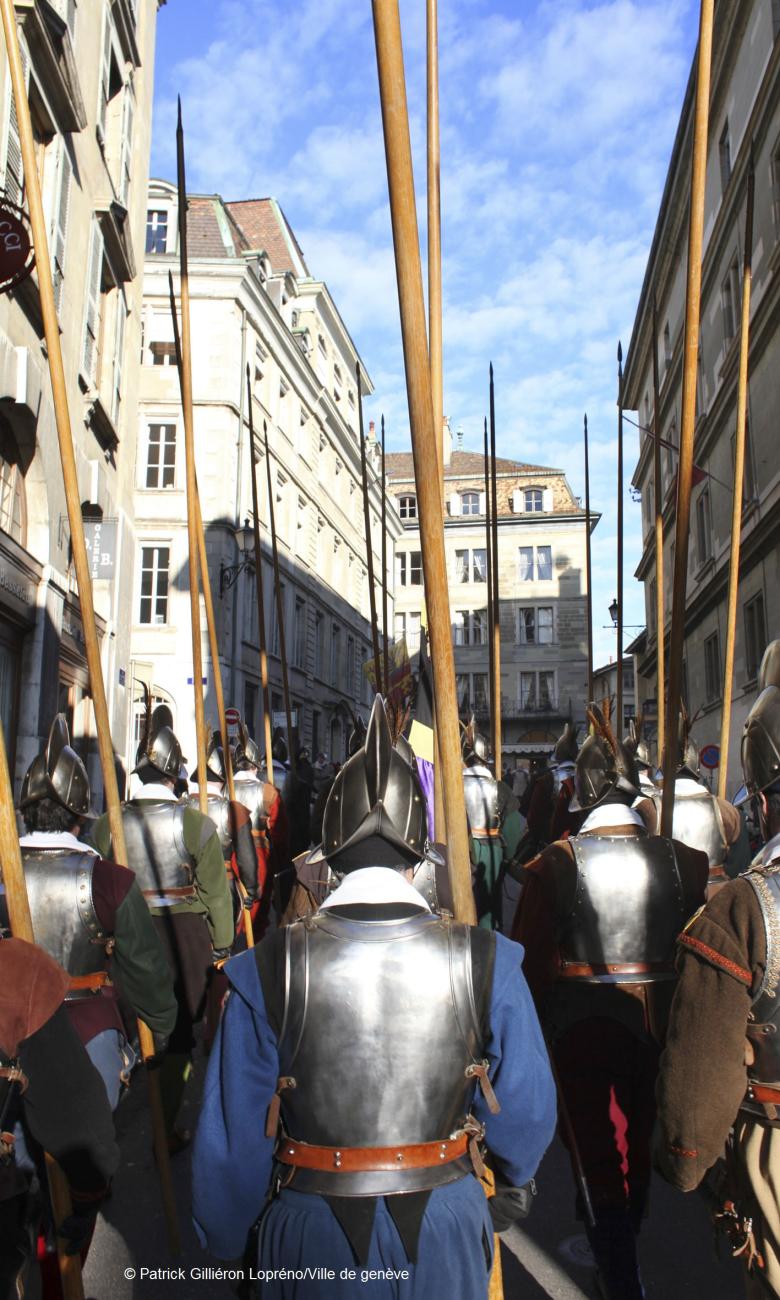
A bit of history
The year is 1602. The Duke of Savoy, Charles-Emmanuel I, who has long wanted to conquer Geneva, has put together a perfect plan. During the night of 11 to 12 December, a contingent of 300 armed men equipped with collapsible ladders scale the city walls. Their ordersare to open the gates to 2,000 soldiers who are waiting beyond the ramparts. It is cold. No guards in sight. The enemy soldiers make their way into the city. Suddenly, a Genevan sentry decides to go out on patrol.... and comes face to face with the Savoyard contingent. A shot from an arquebus sounds the alarm, immediately taken up by the church bells, which rouse the inhabitants. In just a few minutes, men and women, weapons in hand, are engaged in combat with their attackers. Realising that the Savoyards are intending to open the city gates, a citizen of Geneva slams down the portcullis, preventing invasion. The soldiers are trapped; the attack has failed.
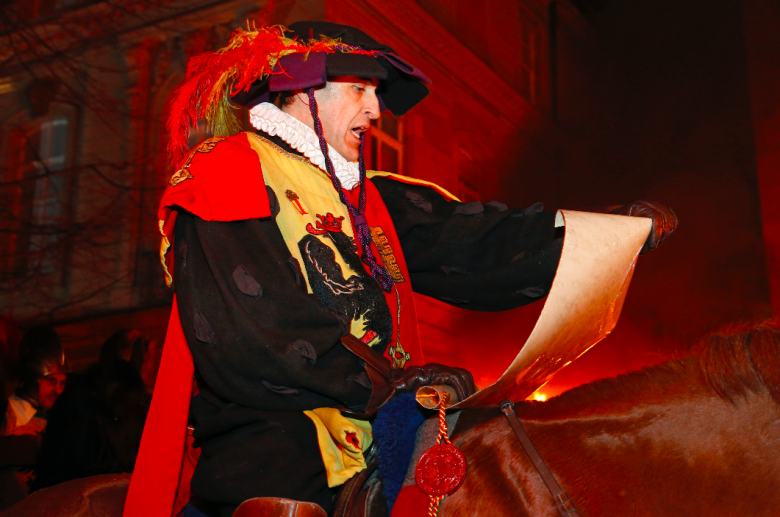
A procession in period costume
While the stinging defeat of the Savoyards is a matter of pride for the people of Geneva, over the centuries it has remained a controversial subject. Sometimes celebrated, sometimes ignored, it is nevertheless an event that has left its mark on the city. For several decades now, the Compagnie de 1602 has revived the traditions of that time over a weekend, organising a varied programme of activities: demonstrations of stone-cutting, time-honoured games and activities for children, sales of lanterns, musical performances on fife and drum, etc. The high point is undoubtedly the Sunday evening procession, featuring some 800 people in period costume. The procession enters the , stopping five times for the proclamations of a herald, a horseman who glorifies the event by declaiming in the dialect. The procession finally comes to a halt in the square in front of the cathedral, where a great bonfire is lit.
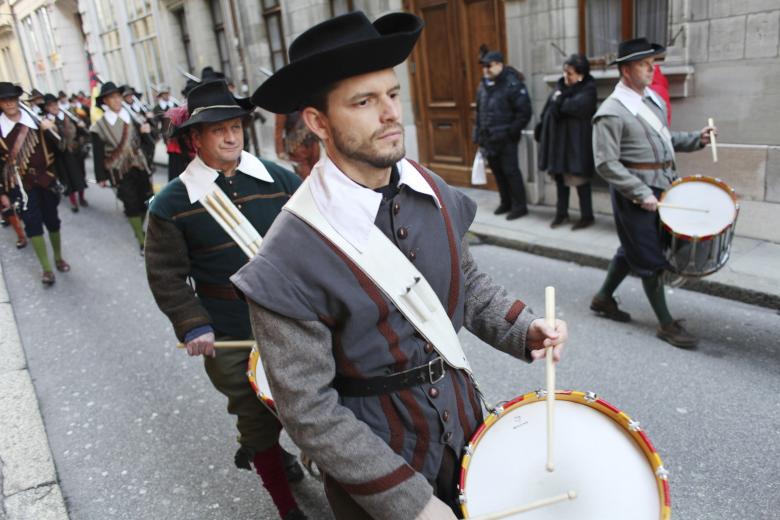
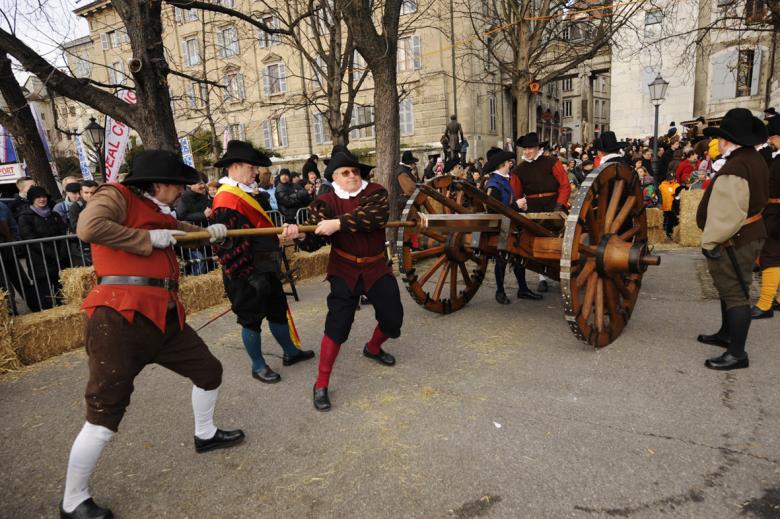
The legendary cooking pot of Mère Royaume
Of all the legends that give lustre to this festival, the tale of Mère Royaume’s cooking pot is undoubtedly the best known. The story goes thatDame Royaume, a sixty-year-old matriarch, threw a cooking pot full of vegetables out of her window at the height of the nocturnal battle, thus killing a Savoyard attacker. This legend has given rise to the custom of smashing a chocolate cooking pot full of sweets, party-poppers and marzipan vegetables. The cooking pot has become the symbol of the Fête de l’Escalade, to the delight of the children who benefit from this bounty. The procession, meanwhile, is led by Dame Royaume, accompanied by Dame Piaget, who is supposed to have helped the Genevan fighters by throwing them the key of the building where she was living.
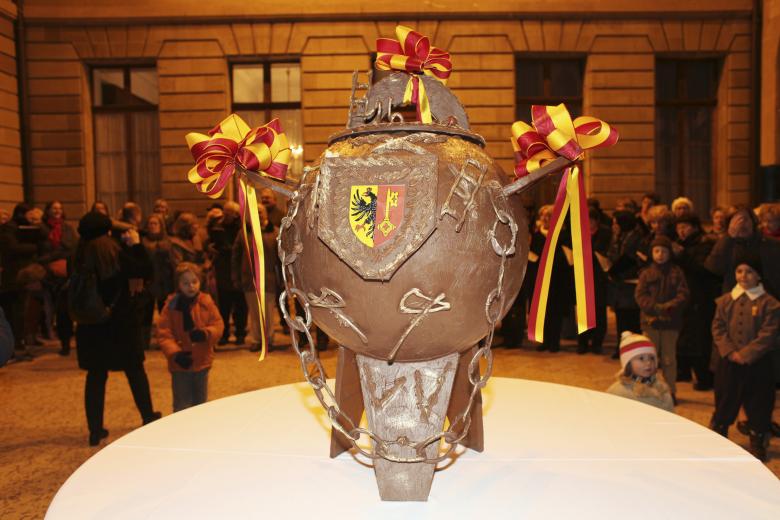
© Patrick Gilliéron Lopréno/Ville de Genève
